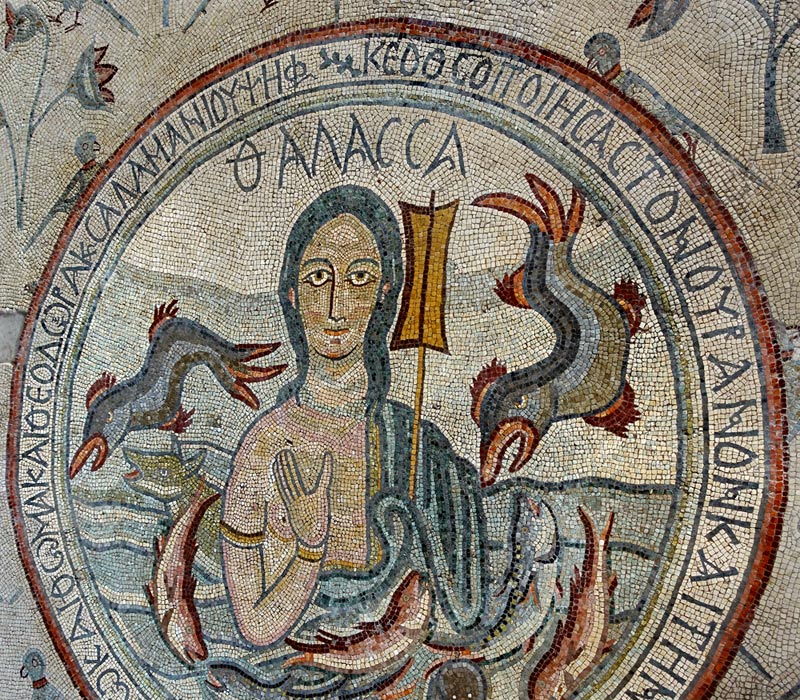Unrequited Love: Divine Plan, or Sin’s Consequence?
This week marks the annual passing of Saint Valentine’s Day, or, as many of us experience it, “Singles Awareness Day.”
In my personal opinion, neither singles nor couples tend to really look forward to it (but perhaps that just means I surround myself with cheap or mopey people). Personally, it feels like the government keeps it on the calendar as a means of keeping the likes of Hallmark, NECCO brands[1], and your local florist in business.
Yet, it also causes one to ask questions about the nature of love, whether about your love with the one you’re with…or perhaps about your love for the one you are not with… and maybe never will be.
Unrequited love is a bare-naked reality. And for almost every human soul (mine certainly included), it is one that has or currently is leaving a deep and formative impact on our soul.
The question I want to consider today is: does that impact always have to be a scar? Or can it be a mark of beauty?
This is one of the many questions Professor Laura Smit seeks to explore in her book Loves Me, Loves me Not: the Ethics of Unrequited Love. In the next few weeks, I hope to engage Smit’s work on several of its major contributions. But this week is a review of her response to the question: “Is nonmutual attraction compatible with God’s good creation order? In a world without sin, would every desire to marry be meet with a similar desire” (50)?
Smit’s verdict: “I suspect not” (50). I know that my first response involved the lifting of my right eyebrow. As a victim of rejected love, and when I contemplate the seemingly cavernous depths of pain that afflicted my soul, I am immediately curious how unrequited love fits into God’s creation.
Unrequited Love- Planned to Exist before the Fall?
Smit’s first argument is actually an argument against what she feels is a pervasive worldview of our modern day culture, and of the young and old in our church today- the “soulmate perspective.” Her studies and interviews with many students[2] reveal that more than half of hold to a deterministic view of romance, that there is one specific person out there for them to find and marry.[3] Smit argues that if God’s plan was for us to be destined to be romantically paired and attracted to only one other soul, why do we, at various times and to various degrees, experience romantic attraction to a variety of other people?
She also tries to pastorally respond to those who say “but, these feelings were so strong, and so real, and they came as a result of prayer… doesn’t that mean they must have come from God?” Smit’s reply is that romantic love is but one of many emotions and experiences that can fell like a revelation from God (experiences of profound nature and captivation through art and nature being just a few of them).
Smit’s only real argument for her stance is essentially a “God shaped void” theory. Reflecting on how a lack of satisfaction is one of the characteristic elements of Eros, she goes so far as to say that “one of the primary consequences of such experience is the stirring up of dissatisfaction and further desire so that the experience of longing becomes an essential piece of the experience itself” (54). Ok, so romantic love has, built into it, a factor of “unsatisfiability.” She then states that experiences of true beauty in our world do not produce satiety: instead, they produce a hunger for more. This longing is thus a gift, a gift that keeps us continually unsettled and longing for the only thing that will truly satisfy: God and the New Creation. Thus the purpose of unrequited love is to 1) keep us yearning for satisfaction that lies beyond the object of our obsession, and 2) the “otherworldliness” experience of Eros, loves power to make us, as some would say, to do stupid, bold, or insane things, is also to give us a taste of the passion we are to have in our relentless longing for God.
Response: Really?
Although there is still more engagement with Smit to come, so far as it comes to defending her answer to her own question about the pre-fall existence of unrequited love, I find her answers remorsefully wanting.
Although I fully agree with Smit when she describes the pervasiveness as well as the dangers of the “soulmate” perspective, the argumentation is weak, and void of Scripture. One could easily respond to her argument that we experience romantic love for many by saying that “this is a result of the fall- in Eden, our love would be matched only for the one we were designed for.” Although the soulmate theory is one lacking biblical evidence itself, it’s sad that such an rebuttal (which is indeed a weak one) carries about as much argumentative punch as Smit’s. Thus, I find her answer to be lacking in real critical thought.
Secondly, her perspective that unrequited love exists to point us to the one who does satisfy is in general a statement I would also agree with. But, I would see this as the beautiful and mysterious way that God “works all things for the good of those who love him” (Rom 8:28). By this, I mean that God can use the longing and especially the pain of unrequited love for these reasons in our lives today. However, I fail to see how this isn’t a manifestation of God’s lovingly redemptive nature of circumstances (and trials) in a post-fallen world, but that this was instead supposed to be a part of God’s plan from the beginning. Perhaps I let my emotions influence my thought, but even thinking logically, its seems that pain, alienation, and unfillable satisfaction were likely not a part of the creation that God called “good.” In fact, the telos of what Smit argues unrequited love should point us to, namely satisfaction in God himself and the New Creation (really, the “rest” promised in Heb 4 and longed for by creation in Rom 8), was already experienced by Adam in his fellowship and harmony with God in the garden.
Now, things get philosophical and sticky if we consider the question “is the “rest” God has yet to bring in fact better than the rest and peace experienced by Adam in Eden?” Is “perfect rest and relationship with God” better or richer when it comes through redemption, versus receiving it without being rescued from a place of brokenness and corruption? [4]
I will agree that today, my sentiments toward the tension of unrequited love today, along with all tensions of life, lie with Augustine, who confesses- “our heart is restless, until it rests in you.” But whether or not this restlessness existed before the fall- a satisfying answer for the former remains to be seen.
[1] The producers of Sweethearts® Candy
[2] She is a professor at Calvin College
[3] Is this the result of surveying a calvanistic school? Probably not, as less than 1/3 believed there was only one career for them to follow (51). My own personal (albeit anecdotal) experience is that many in my generation may not state this explicitly, but that deep down, this is really how they operate, and thus effects how they “date/ cout.”
[4] This could facilitate some good discussion. In my conversation with mentors, the most popular answer I receive to this question is “yes,” although I still am not sure why. You could argue that the distance traveled from depravity to glorification is far greater than the distance from Edenic harmony to eschatological glorification (if there is much of a difference). But, isn’t the distance traveled on this “degree of glory/ goodness” meter really a zero sum gain in the end?





3 Comments
Leave your reply.